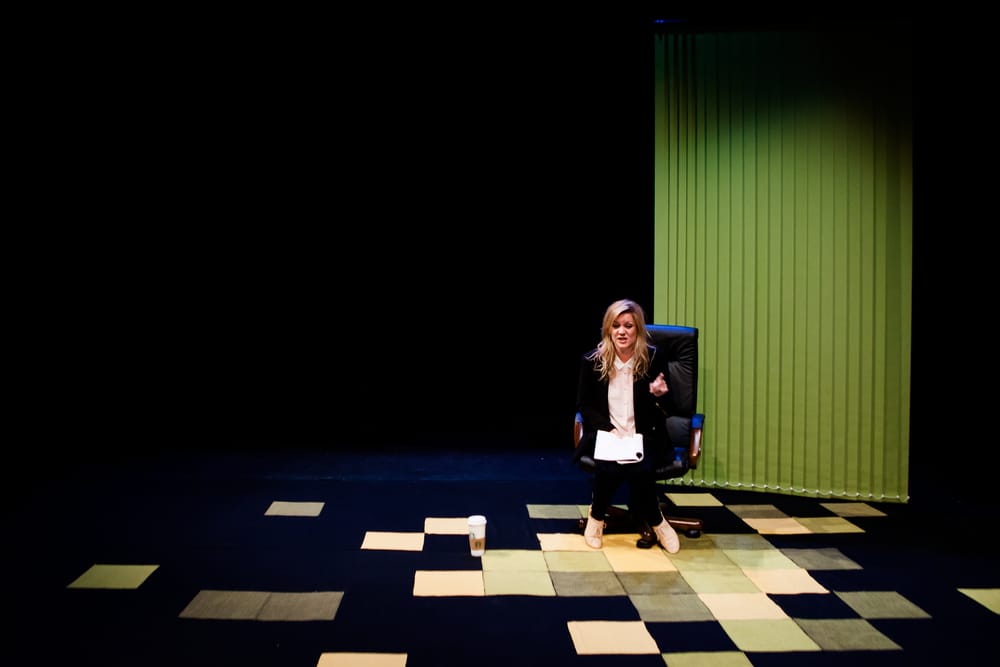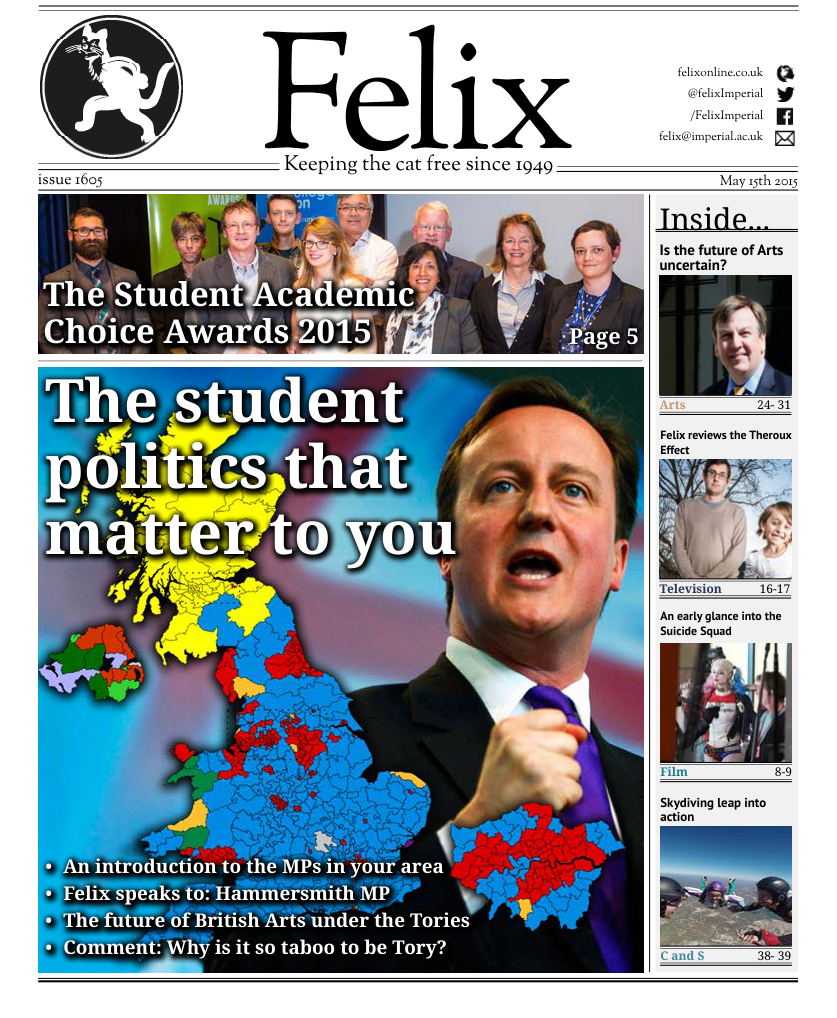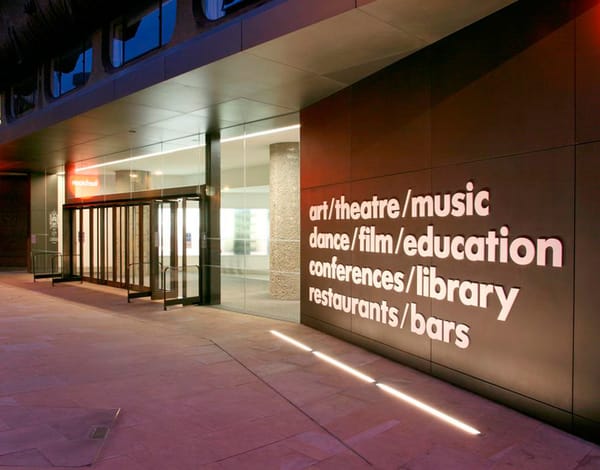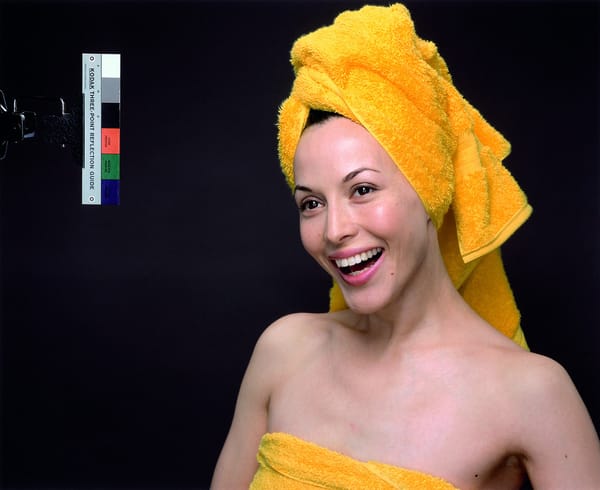When Satire Starts to Age
Clara Nevola Clark finds Product’s humour dated

A film about a successful, rich, lonely businesswoman who falls in love with a handsome, dangerous jihadist she meets on a plane. She’s a 9/11 widow; he’s an Al-Qaeda terrorist. Scenes of torrid sex followed by moments of rising hysteria, as the full extent of the jihadist’s plans are revealed. Will love win? Or will Western righteousness triumph over terrorism? She’s torn between her irresistible animal attraction to him and her strong sense of morality which tells her that stuff just shouldn’t be bombed. What a dilemma.
This is the script that a B-movie Hollywood producer (Olivia Poulet) is trying to pitch to a famous actress, in the hope that she’ll agree to star as Amy, the protagonist. The script is terrible and she knows it, but she tries desperately to sell it in the hope of redeeming her career.
To do so, she acts out the whole script to the listening actress, peppering it with comments (“you’re wearing a gorgeous Versace suit, Versace are on board”). The script she’s trying to pitch is uncomfortably cringe-worthy, starting with the awful title – _Mohammed and Me _– right through to the predictable scenes, the repetitive script, and the outrageous plotline .
Product, written by Mark Ravenhill in 2005, is a one-woman show, and Olivia Poulet is fantastic at carrying the audience through the hour-long monologue, alternating between her enactment of the script, full of false flattery for the actress, and comments about the lighting and the body-doubles.
As the scripts get more ridiculous the actress becomes unconvinced, and the producer becomes increasingly panicked at the thought of missing this shot.
The pace quickens and, just as the farce of the plot rises, Poulet abandons all restraint and becomes more and more dramatic in the reading, desperate to get the actress to agree. The result is hilarious and utterly convincing.
While the satire on the second-rate film industry is funny, it’s also most definitely facile. Product-placement, hysteria, stereotypes, and easy morals are rife in rubbish movies – but did we really need a 50-minute show to point this out to us?
This dig at the callous, shallow and poor-taste film industry ends up feeling almost overegged, not only due to the script, but also because of the dated nature of the topic. Although the global terrorism paranoia that followed the September 11th Attacks is still very much in full swing, the fact that it hasn’t (yet) been a butt of a disrespectful film makes a weird choice for satire. Product was written ten years ago as a fresh, edgy comedy for the Edinburgh Fringe festival. Topical satire of this type doesn’t age well.
The play’s funny, and Poulet is great, but essentially it’s a prolonged, scripted stand-up routine, and it’s starting to show signs of age. Product is a great vehicle for Olivia Poulet’s enormous capacity for humour, and she’ll keep you squirming and laughing throughout the play; but ultimately topical satire just isn’t as funny more than a decade after the events.
Product is on at the Arcola Theatre, Dalston, until the 23rd May. Tickets from £12; available online.







